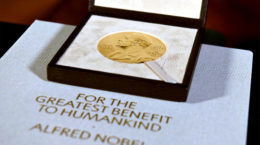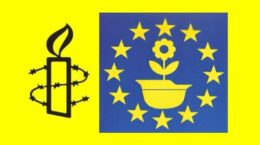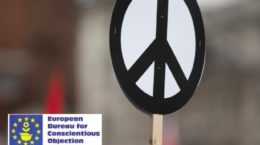On Europe Day — May 9, a webinar will be held to discuss the question:
What kind of peace agreements for Ukraine can be not only durable but also just?
Based on an analysis of major peace negotiations and agreements in European history — such as the Peace of Westphalia (1648), the Congress of Vienna (1815), the Treaty of Versailles (1919), the Helsinki Final Act (1975), and others — we will explore five key principles that have underpinned the most enduring peace settlements.

These principles are summarized by the acronym SMILE:
- S – Structured / Serial (negotiations held within an institutional framework and conducted repeatedly)
- M – Multilateral (involving multiple states, not just the warring parties)
- I – Inclusive (all parties to the conflict are represented)
- L – Legal / Legitimate (compliant with international law and widely regarded as just)
- E – Emancipatory / Empowering (taking into account the rights and interests of affected populations)
The webinar will be led by Hans Hedrich, political scientist and coordinator of World BEYOND War in Romania. He will present these criteria and analyze key European peace agreements through this lens.

We will also discuss how these principles can be applied to the search for a just peace in Ukraine.
Comments and reflections will be provided by:
- Yurii Sheliazhenko (Ukraine), Executive Secretary of the Ukrainian Pacifist Movement
- Olga Karach (Belarus), Director of the human rights organization Our House
They will assess the feasibility of applying the SMILE criteria in their respective regional contexts and propose ways forward.
The year 2025 is symbolically significant: 80 years since the end of World War II and 50 years since the creation of the CSCE — a fitting moment to launch a renewed peace process.
Let there be peace!









